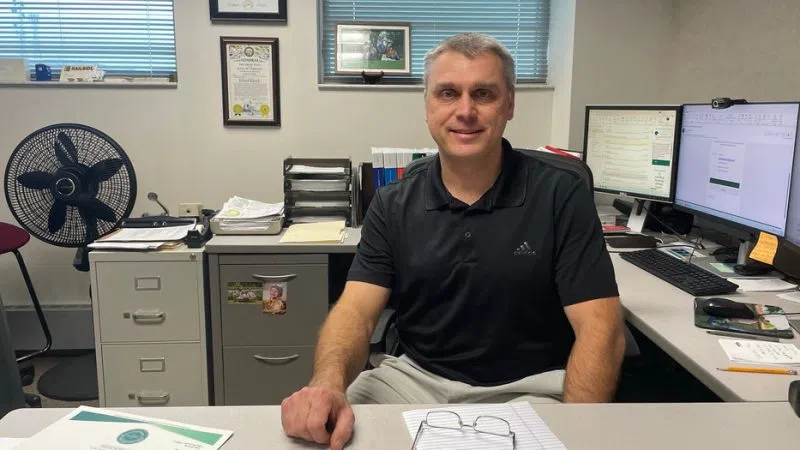(NEW YORK) — Actor Brian Austin Green is opening up about his experience with ulcerative colitis, an inflammatory bowel disease that affects the inner lining of the digestive tract.
In a recent Instagram post, Green said he had been dealing with the disease for about “six, six-and-a-half weeks,” and that the illness had left him “bedridden for a while.”
Ulcerative colitis, or UC, most commonly affects young adults 15 to 30 years old, but also tends to crop up among adults starting around age 50. Green is 48 years old.
“Unfortunately, we don’t know the exact cause of ulcerative colitis,” said Dr. Lea Ann Chen, director of inflammatory bowel disease translational research at Robert Wood Johnson School of Medicine at Rutgers University. It is potentially “caused by abnormalities of the immune system,” Chen said.
Roughly 600,000 to 900,000 people in the U.S. have ulcerative colitis, according to the National Institutes of Health.
Here are six things to know about this common disease.
1. Symptoms might not be obvious at first
“The most common symptoms include diarrhea, sometimes bloody diarrhea and abdominal pain. The symptoms can overlap with a number of other conditions.” Chen said.
Some associated symptoms may be bowel urgency, bowel incontinence, weight loss, fever and weakness, according to the NIH. There may be periods that someone with UC will not have symptoms and they will return.
2. Straightforward diagnosis, lifelong treatment
To diagnose ulcerative colitis, colonoscopies and biopsies are most common.
“There are features of inflammation both in the colonoscopy and microscopically, that help us to distinguish ulcerative colitis from other conditions,” Chen said.
Many treatment options exist, and it requires lifelong care.
“It depends on the severity and how symptomatic patients are,” Chen said of choosing a treatment plan. Pills, like mesalamine or sulfasalazine, and injections and infusions called biologics can be administered.
If you stop your medication, even when you feel great and have no symptoms, it can cause serious health problems. Flare-ups may occur and require hospitalizations or even surgery.
3. There is no prevention
“Unfortunately, there is not anything specific you can do to protect yourself,” Chen said. A healthy diet of fresh fruit and vegetables is a start, however, “it’s not clear that this would protect you from developing ulcerative colitis,” Chen said.
The most independent risk factor is a family history of the disease. If you have a first-degree relative with the disease, you have a four times higher risk.
4. Increased risk of colorectal cancer
“Some people get joint pains or inflammation in their eyes. Occasionally, some get primary sclerosing cholangitis, which is inflammation in the biliary system. Less than half of people will get these conditions,” Chen said.
It can also lead to abscesses, toxic megacolon, further bleeding for your gastrointestinal tract and other infections.
“Unfortunately, ulcerative colitis and the inflammation that it causes in the colon over time can increase a person’s colon cancer risk,” Chen said.
The risk of getting colon cancer is roughly 2% after 10 years of diagnosis, according to StatPearls research.
5. Regular follow-ups are important
“Patients, after they’ve been diagnosed [with UC] for a number of years will be put on a schedule [with their doctor] for more frequent colonoscopies. Within the first eight years the colonoscopies are to help look at the location of the disease and to check response to therapy. After eight years, the gastroenterologist may recommend annual colonoscopies to every other year. Depending on the severity and the duration, that somebody has had UC,” Chen said.
Regular follow-ups with your gastroenterologist are important.
“One thing patients can do to lower that risk [of colon cancer] is to get good control of their disease,” Chen said.
You should also discuss any concerns you have with your doctor.
Raffaele Macri, M.D., is an emergency medicine and family medicine resident physician at Jefferson Health Northeast in Philadelphia and member of the ABC News Medical Unit.
Copyright © 2022, ABC Audio. All rights reserved.















